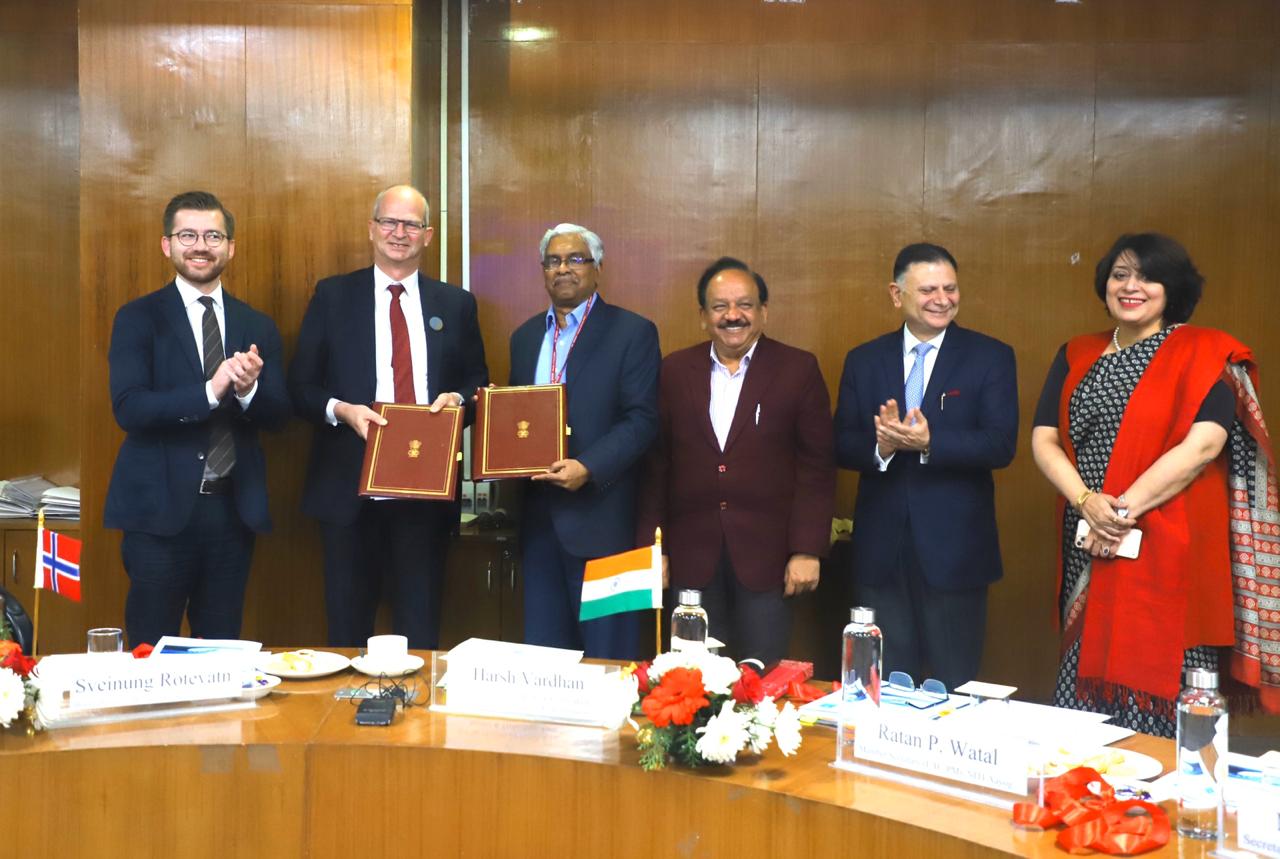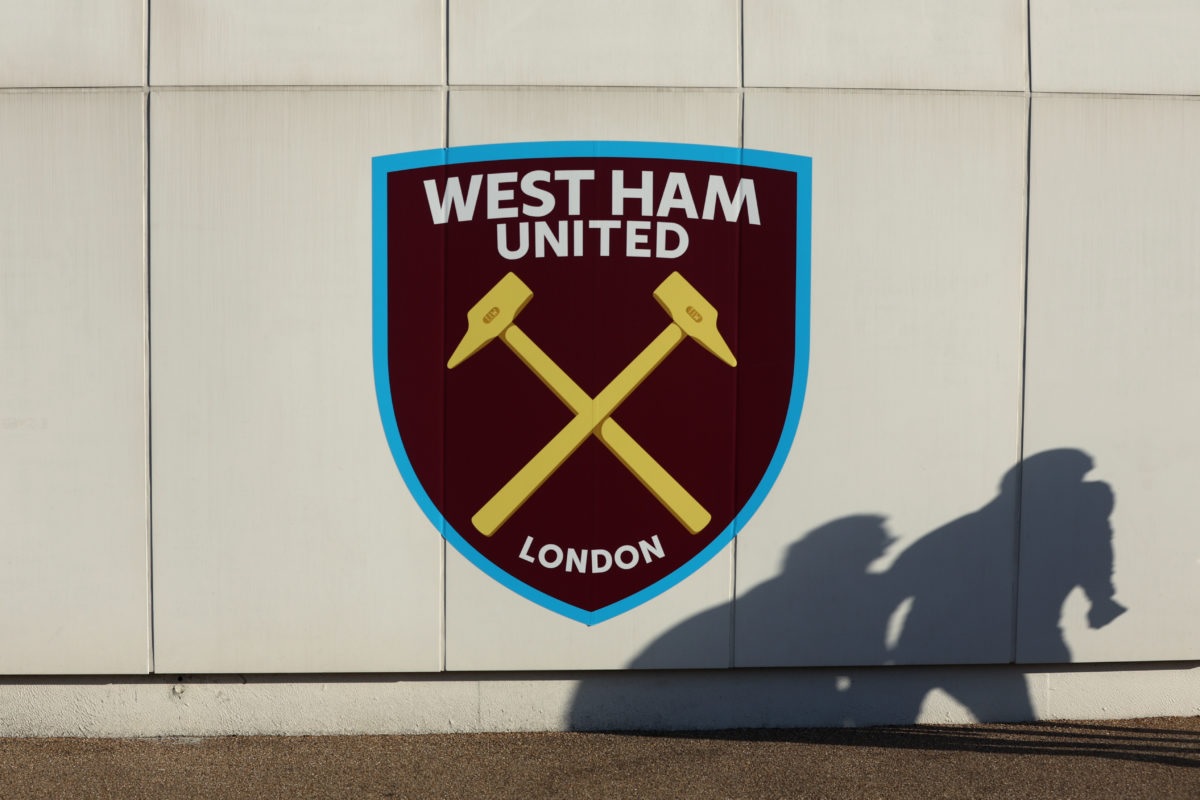FTC To Challenge Activision Blizzard Acquisition Approval

Table of Contents
The FTC's Concerns Regarding the Activision Blizzard Acquisition
The FTC's antitrust lawsuit against Microsoft stems from worries that the acquisition of Activision Blizzard would give Microsoft an unfair monopoly over the gaming market. Their primary concern centers around the potential for Microsoft to leverage its control over popular franchises, most notably Call of Duty, to stifle competition and harm consumers. The commission argues that this merger significantly reduces competition, potentially leading to several negative consequences:
- Reduced competition leading to higher prices for gamers: By controlling a larger share of the market, Microsoft could potentially raise prices for games, consoles, and subscription services.
- Limited choices for consumers in terms of gaming platforms and subscriptions: Gamers may find themselves with fewer choices regarding where they can play their favorite games, potentially locking them into the Xbox ecosystem.
- Potential stifling of innovation within the gaming industry: A lack of competition can hinder innovation as Microsoft may have less incentive to develop new and exciting gaming experiences.
- Concerns about data privacy and user control: The FTC is likely also scrutinizing the implications of the merger on user data and privacy, particularly concerning the vast amounts of data collected by Activision Blizzard.
These concerns extend across various platforms, impacting Xbox, PlayStation, PC, and mobile gaming ecosystems. The FTC's case hinges on the application of antitrust laws, aiming to prevent Microsoft from achieving undue market dominance and abusing its monopoly power.
Microsoft's Response to the FTC's Challenge
Microsoft has vigorously defended its acquisition, arguing that it will ultimately benefit consumers. Their counterarguments focus on several key points:
- Claims the acquisition will benefit consumers: Microsoft asserts that the merger will lead to increased innovation, more accessible games, and a broader range of gaming choices.
- Promises to keep Call of Duty on PlayStation: A crucial part of Microsoft's defense is the pledge to continue releasing Call of Duty titles on PlayStation consoles, addressing one of the FTC's major concerns.
- Highlight investments in cloud gaming technology: Microsoft emphasizes its investments in cloud gaming technology, arguing that this will make gaming more accessible to a wider audience.
- Mention any proposed concessions made to address FTC concerns: To appease the FTC's concerns, Microsoft may offer concessions, such as licensing agreements or structural changes to its business practices.
Microsoft's defense centers around portraying the acquisition as a positive development for the competitive landscape and emphasizing the consumer benefits, highlighting the potential for advancements in cloud gaming and broader accessibility.
Potential Outcomes and Implications of the FTC's Lawsuit
The FTC's lawsuit against Microsoft represents a significant legal battle with several potential outcomes:
- The acquisition could be blocked completely: The FTC could successfully prevent the merger from going through, forcing Microsoft to abandon its bid for Activision Blizzard.
- Microsoft might be forced to make concessions (e.g., licensing Call of Duty to competitors): A compromise might involve Microsoft licensing key franchises like Call of Duty to competitors to ensure continued competition in the market.
- The lawsuit could set a precedent for future gaming mergers and acquisitions: The outcome of this case will likely influence how future mergers and acquisitions in the gaming industry are regulated.
- Discuss the implications for other large tech companies: The legal precedent set by this case could have wider ramifications for other large technology companies considering similar mergers and acquisitions.
The legal process will involve extensive evidence gathering, expert testimony, and potentially lengthy court proceedings. The outcome will have profound implications for the gaming industry and the wider tech sector.
Impact on Gamers and the Future of the Gaming Industry
Regardless of the outcome, the FTC's challenge to the Activision Blizzard acquisition will likely have a significant impact on gamers:
- Price changes for games and subscriptions: Depending on the outcome, gamers may see price increases or decreases for games and subscription services.
- Availability of specific games on different platforms: The availability of certain games on different platforms like PlayStation, Xbox, and PC could be affected.
- The future of cross-platform play: The lawsuit could influence the future of cross-platform gaming and the ability for players on different consoles to interact.
- Potential changes in game development and distribution: The outcome might affect game development strategies, distribution models, and the overall competitive landscape.
The long-term consequences for the gaming industry remain uncertain, but this legal battle will undoubtedly shape the future of gaming for years to come.
Conclusion: The FTC's Challenge to the Activision Blizzard Merger: A Watershed Moment?
The FTC's challenge to the Microsoft-Activision Blizzard merger is a pivotal moment for the gaming industry. While Microsoft champions the acquisition's potential benefits, the FTC raises critical concerns about market dominance and consumer harm. The outcome of this legal battle will significantly impact gamers through potential price changes, game availability, and the future of cross-platform gaming. It will also set a crucial precedent for future mergers and acquisitions in the tech sector. To stay informed about the ongoing legal proceedings and their implications, follow reputable news sources covering the FTC's challenge to the Activision Blizzard acquisition for updates. The unfolding events are shaping the future of gaming, and it's vital for gamers and industry stakeholders alike to stay informed.

Featured Posts
-
 The Impact Of Post Liberation Day Tariffs On Donald Trumps Billionaire Network
May 09, 2025
The Impact Of Post Liberation Day Tariffs On Donald Trumps Billionaire Network
May 09, 2025 -
 Brekelmans Strategie Voor Nauwere Samenwerking Met India
May 09, 2025
Brekelmans Strategie Voor Nauwere Samenwerking Met India
May 09, 2025 -
 Analysis Of Petrol Prices Nnpc And Dangotes Roles
May 09, 2025
Analysis Of Petrol Prices Nnpc And Dangotes Roles
May 09, 2025 -
 West Hams 25m Financial Hole Potential Solutions And Implications
May 09, 2025
West Hams 25m Financial Hole Potential Solutions And Implications
May 09, 2025 -
 More Than The Monkey What To Expect From Stephen Kings 2024 Film Releases
May 09, 2025
More Than The Monkey What To Expect From Stephen Kings 2024 Film Releases
May 09, 2025
